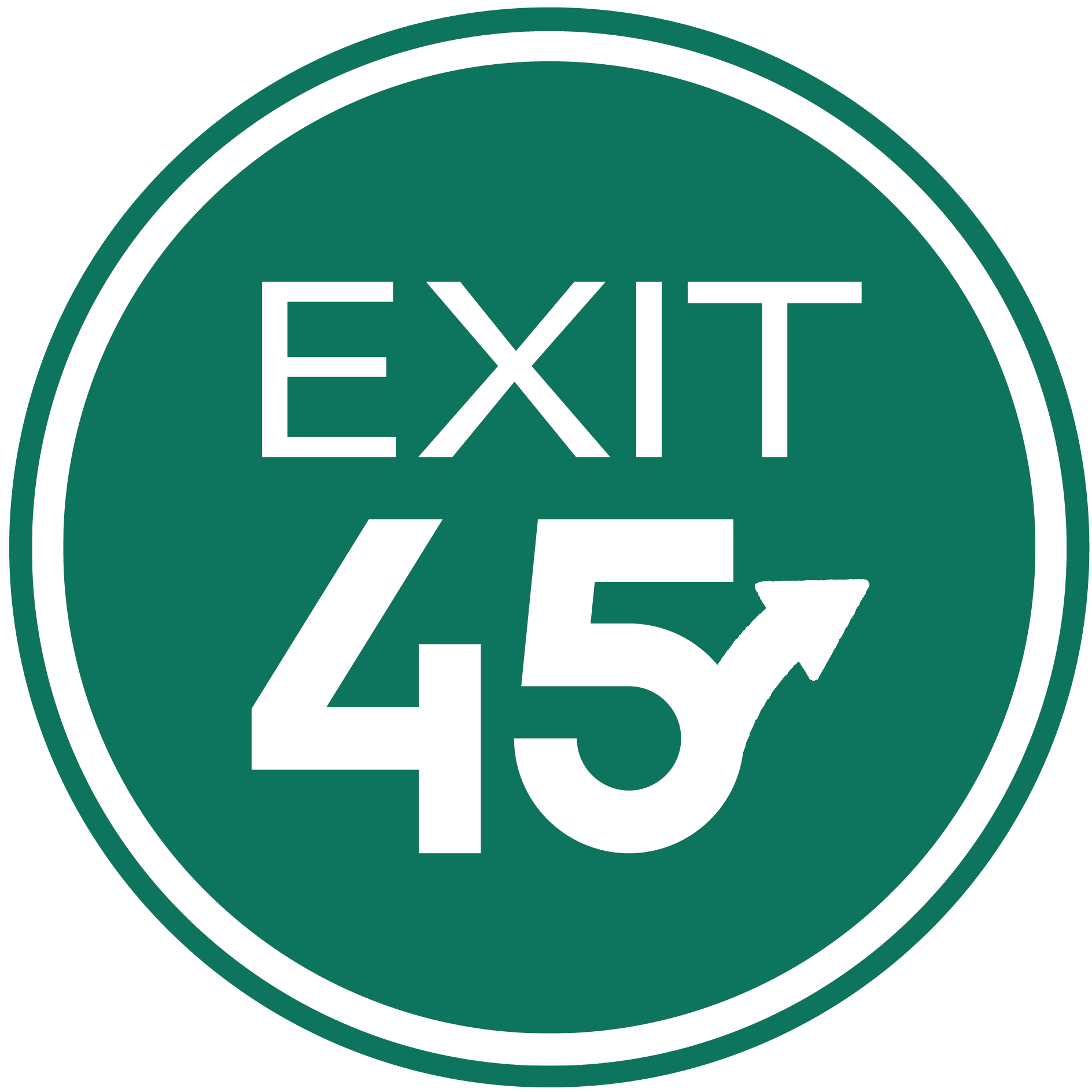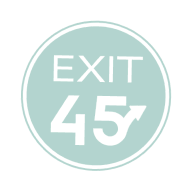Customer Concentration Issues When Selling a Business
In the last issue (#67) we discussed the obstacle created by Inadequate Second-Level Management. In this issue we’ll discuss the obstacle produced by Customer Concentration Issues.
"You won't find a solution by saying there is no problem.” William Rotsler
Customer Concentration Issues When Selling a Business
In small businesses, a customer concentration obstacle is not all that unusual. Does any single customer represent more than 10% of your revenues? From an evaluation standpoint, some prospective business buyers would consider a single customer accounting for 10-15% of a company’s sales as a major negative. Almost all prospective buyers would consider concentrations of 30% or more in just two to three customers as a big problem that would have a significant impact on salability and/or the terms and structure of a sale.
Customer concentration can be a very significant obstacle to the successful sale of a business.
Diversify your base of customers
Prior to selling your business, any efforts to reduce customer concentration by diversifying your client base will be beneficial to salability, valuation and maximizing the cash received at closing. It helps to understand the buyer’s risk perspective and do what you can to address the issue. As discussed in Issue #59, improving your marketing and sales efforts can help to reduce customer concentration concerns.
Customer concentration is a major obstacle for lenders
If there is a customer concentration concern, a lender will likely only approve a partial loan to the buyer which reduces the amount of upfront cash that a seller can expect to receive at closing. To address customer concentration issues, most prospective buyers will try to structure a “contingent earn-out” that is paid to the seller over time and is dependent on the future revenues or profitability derived from the company’s largest customers. If one of those customers is lost, the seller may never receive the contingent portion of the negotiated purchase price.
The above paragraph assumes a lender is involved in helping to partially finance the transaction. In situations where there are significant customer concentration issues, it may preclude the lender from approving any loan to the buyer. In those instances, without the ability to obtain lender financing, sellers might have to not only accept a “contingent earn-out” for the revenues derived from the largest customers, they may also have to finance a major portion of the “non-contingent purchase price” negotiated with buyers.
Customer concentration can be a very significant obstacle to the successful sale of a business. If you have a single customer that represents 10% or more of your business, it may be an issue to buyers or lenders. As the percentage of concentration increases, so does the risk for buyers and lenders. Your risk of failing to sell your business also increases.
Do you have Customer Concentration Issues?
"All problems become smaller if you don't dodge them but confront them." William F. Halsey
Overcome the Power of Inertia
Overcome the Power of Inertia and call a business broker for a free consultation. Many brokers offer no-charge, no-obligation evaluations of small businesses. They can provide a broker opinion of value and help you identify obstacles to a successful sale as well as opportunities for improvement to increase the value of your business. That is a great way to start planning for a successful and profitable exit from your business.

